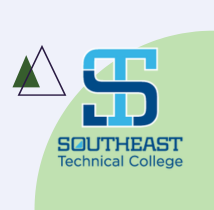




Assessment professionals have a unique responsibility to provide those who collect data with the insights gleaned from that data. However, sharing this information effectively can be somewhat of a challenge. Your college or university’s stakeholders are busy and constantly inundated with information. Infiltrating their email inboxes with extensive updates about data across campus can be overwhelming.
Instead, assessment professionals should be strategic and share data with the people who collected it in a meaningful manner. Data sharing is key to fostering collaboration, driving innovation, and making informed decisions for your institution. A few tips and strategies can help assessment professionals share data in a way that supports the best reception and understanding.
Assessment professionals can avoid common pitfalls and improve data sharing for higher educational institutions by following a few best practices.
Explore eight helpful strategies for sharing data with faculty, students, administrators, and other stakeholders:
A common reason for ineffective data sharing is overburdening your audience with too many insights at once.
Before sharing, always ask yourself who wants or needs to see this data. Offer it only to those who will find it directly relevant. That way, they know that the pieces they receive are important and applicable to their specific jobs or responsibilities.
For instance, an English department chairperson may not need access to the same insights as an adjunct faculty member in the biology department.
Plus, some assessment results should be confidential. Ensure you consider who needs to see the data before sharing it.
In addition to understanding who to share data with, assessment professionals must determine why they are sharing. You should have a particular purpose in mind to avoid overloading people with information and to efficiently get the results you want.
For example, you may be sharing to communicate pertinent conclusions that you’ve come to after data analysis. Or you may want a specific department to examine raw data and help you come to an informed decision. You might want to start a conversation with students about certain data to get their input and perspectives for a more in-depth exploration.
Another way assessment professionals can improve data sharing is to make information as clear and concise as possible. The individuals you are sharing with should be able to easily and quickly interpret the information.
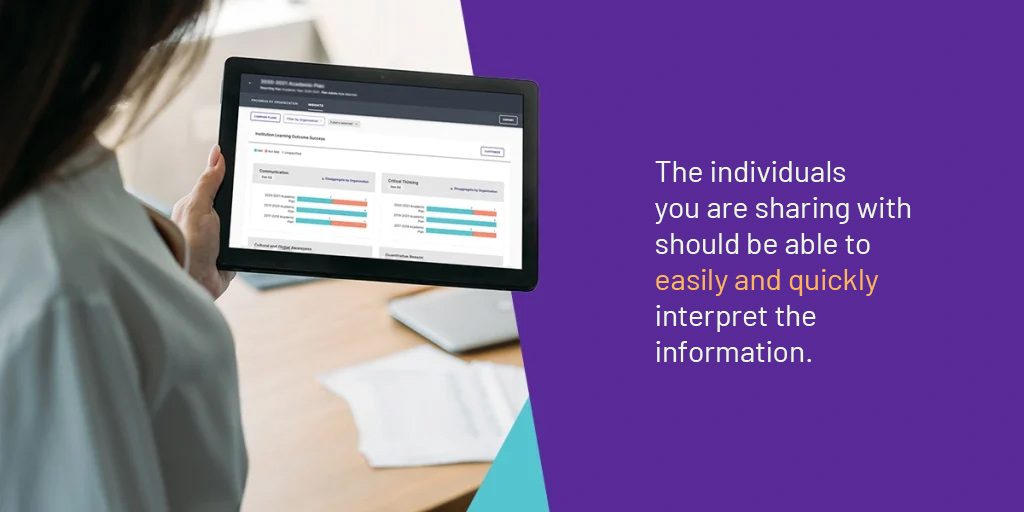
If faculty members are confused or don’t understand the data’s purpose, your message could easily get lost. Before sharing information, look at it objectively. Would you be able to identify the key takeaways and comprehend why someone would share this data? If not, it is time to rethink your strategy.
Keep data simple and straightforward whenever possible. Share your insights sparingly and include the most essential highlights.
While you do not want to overwhelm and overload your faculty members with too much data, exposing them to these insights is very important for increasing their data literacy.
You want data to be a regular part of your faculty’s language. They should have exposure to these insights on a regular basis, helping them understand the standard operating procedures.
Instead of sharing data specifically on assessment days, take advantage of your department and program meetings. Collaborate and explore data together in both big and small ways. Your higher education institution can benefit from integrating data literacy into employee training and everyday processes.
For some higher education institutions, the thought of assessment causes mild distress and panic. Assessment professionals don’t need to work overtime to prove to faculty and staff that it is not their fault or place blame on the state or accrediting body.
Instead, shift the conversation entirely. Spotlight the positives about assessment. Share how this process helps create a more effective, efficient, and all-around better educational experience for learners and teaching professionals alike.
Emphasize the value of assessment data in providing your students with the best learning outcomes possible, helping them adequately prepare for life after graduation.
Assessment professionals can improve data-sharing practices and inspire greater engagement among faculty and staff by making it a point to celebrate successes at their higher education institution.
Don’t be shy. Spotlight the wins of different faculty members and departments. You can celebrate in a variety of ways, such as hosting a pizza party or including a shout-out in the monthly newsletter. Simply acknowledging a team’s hard work publicly can go a long way.
Celebrate your institution’s efforts to utilize assessment data, no matter how big or small. Everyone enjoys feeling appreciated and acknowledged. Regular recognition is highly beneficial for fostering positive attitudes and boosting productivity.
Another tip for assessment professions is to utilize data visualization tools to present data in the most easily understandable and appealing formats:
Higher education software solutions can help you visualize data in various formats to engage stakeholders and offer your insights in a straightforward and effective way.
Data visualization tools can help you translate your assessment data into a presentation that makes it easier to identify trends and patterns. Ultimately, choosing a format that helps make your insights clear and understandable to your recipients will make life easier.
Assessment data helps higher education institutions continuously improve their processes and deliver better learning experiences. While enhancing your processes, your college or university should also consider ways to improve data-sharing practices.
Apply the principles of continuous improvement and find strategies that make sharing your insights more effective. Assessment professionals should actively seek ways to refine these processes to streamline sharing and boost data reception.
By maintaining an ongoing effort to enhance data sharing at your university or college, you can help enhance the usability of your insights to take your institution to the next level.
Turn to Watermark if your college or university is interested in streamlining data sharing for assessment professionals. Our solutions help you collect and make sense of your programmatic and operational data. We make it easy to improve learner and educator experiences with data-backed decision-making.
With Watermark Planning & Self-Study, your institution can use assessment and accreditation management software designed specifically for higher education. We make managing and sharing your data simple and effective.
Are you interested in learning more? Contact us or request a demo of higher education software from Watermark today.
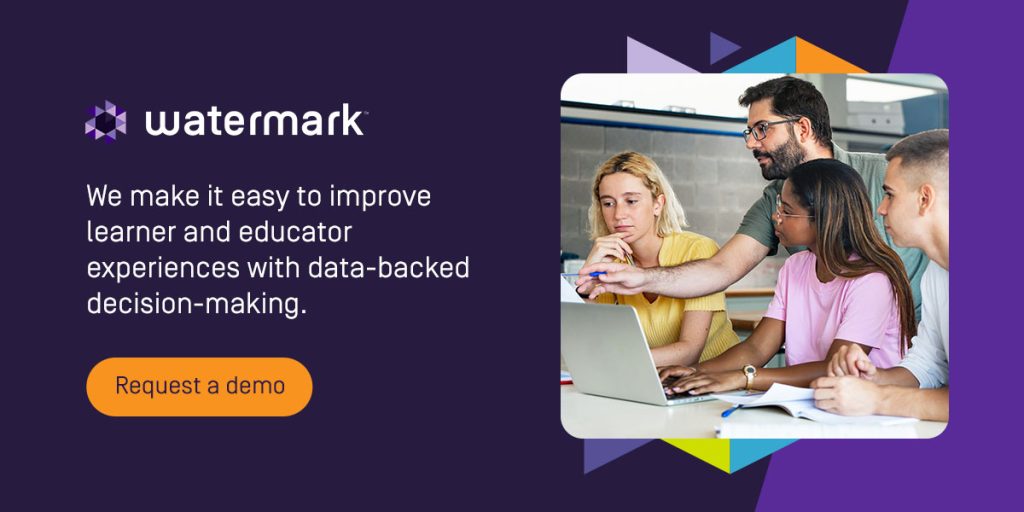




































































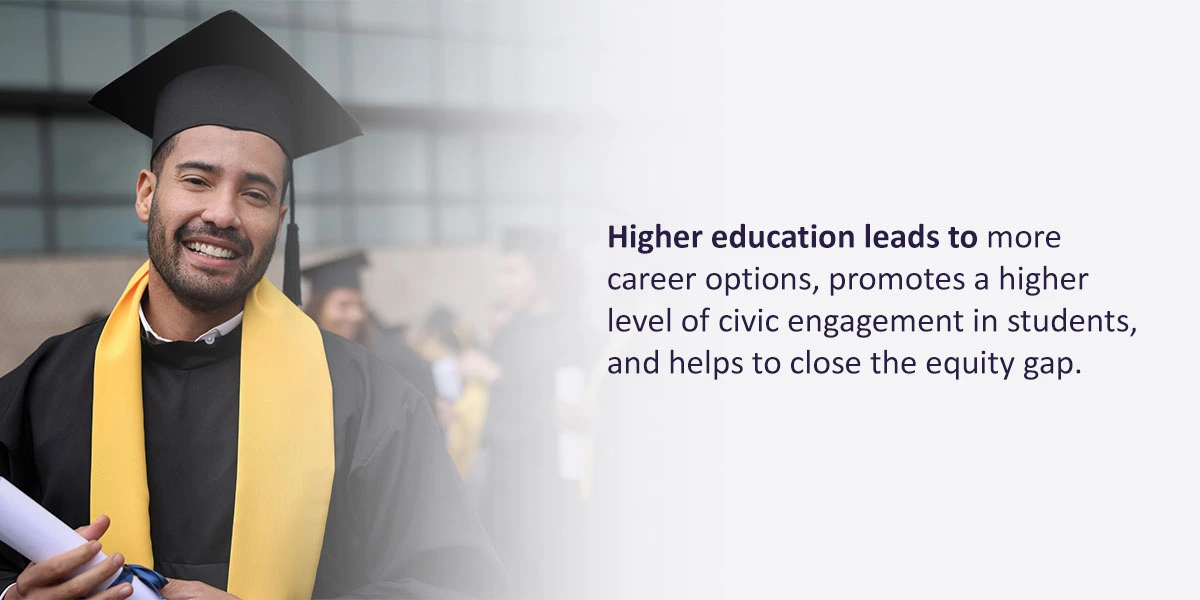












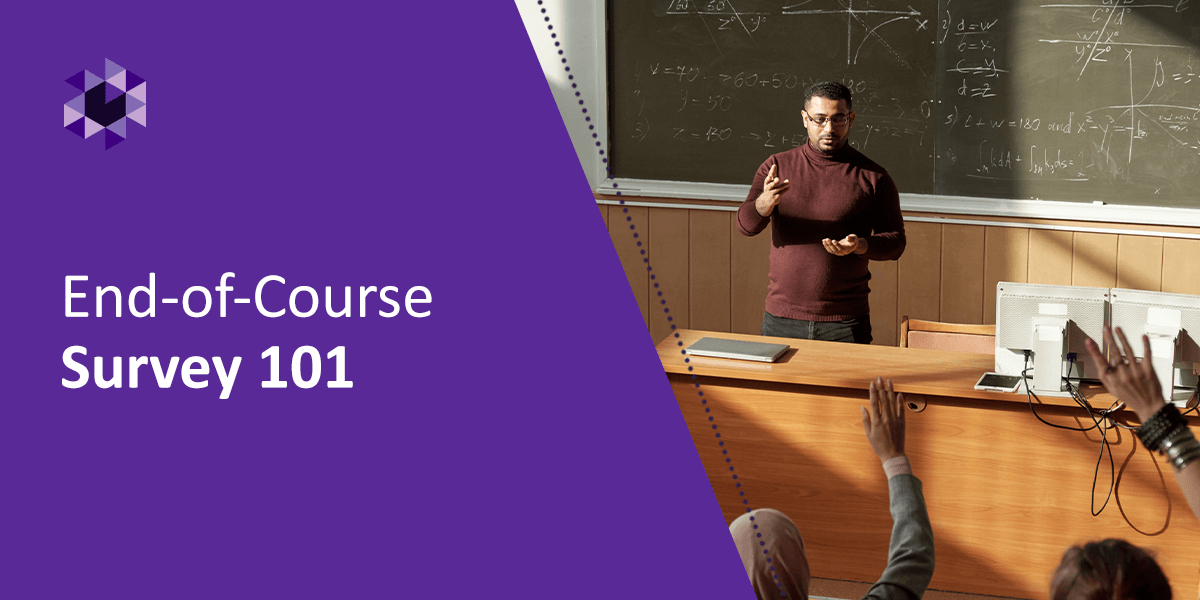






















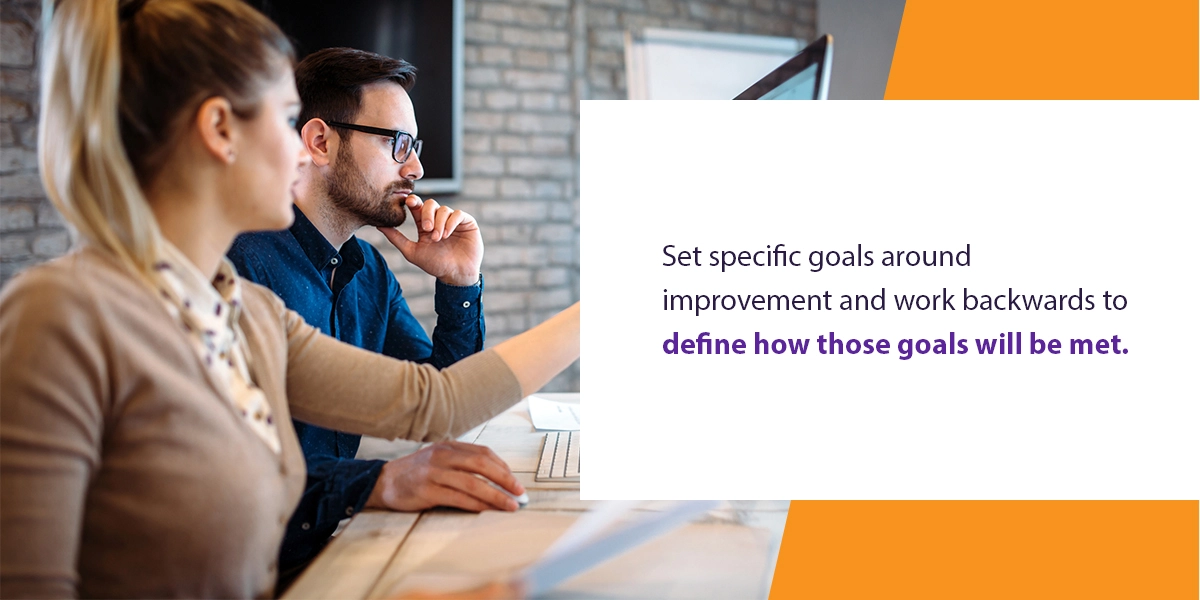































































































































































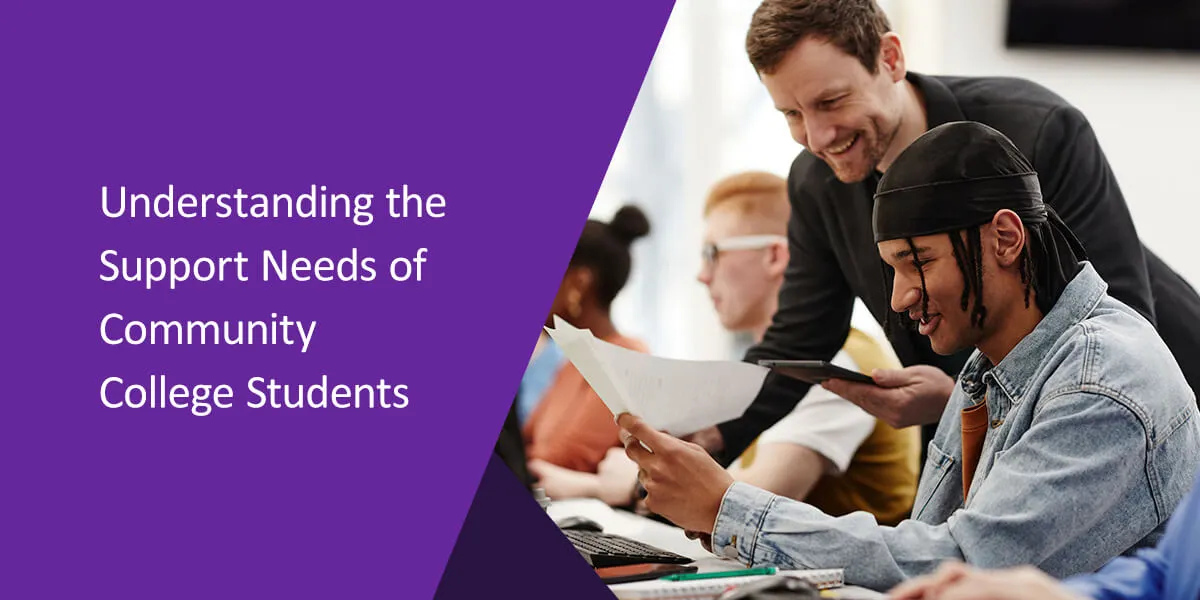
















































































































Submit this form to schedule a meeting with one of our reps to learn more about our solutions. If you need customer support instead, click here.